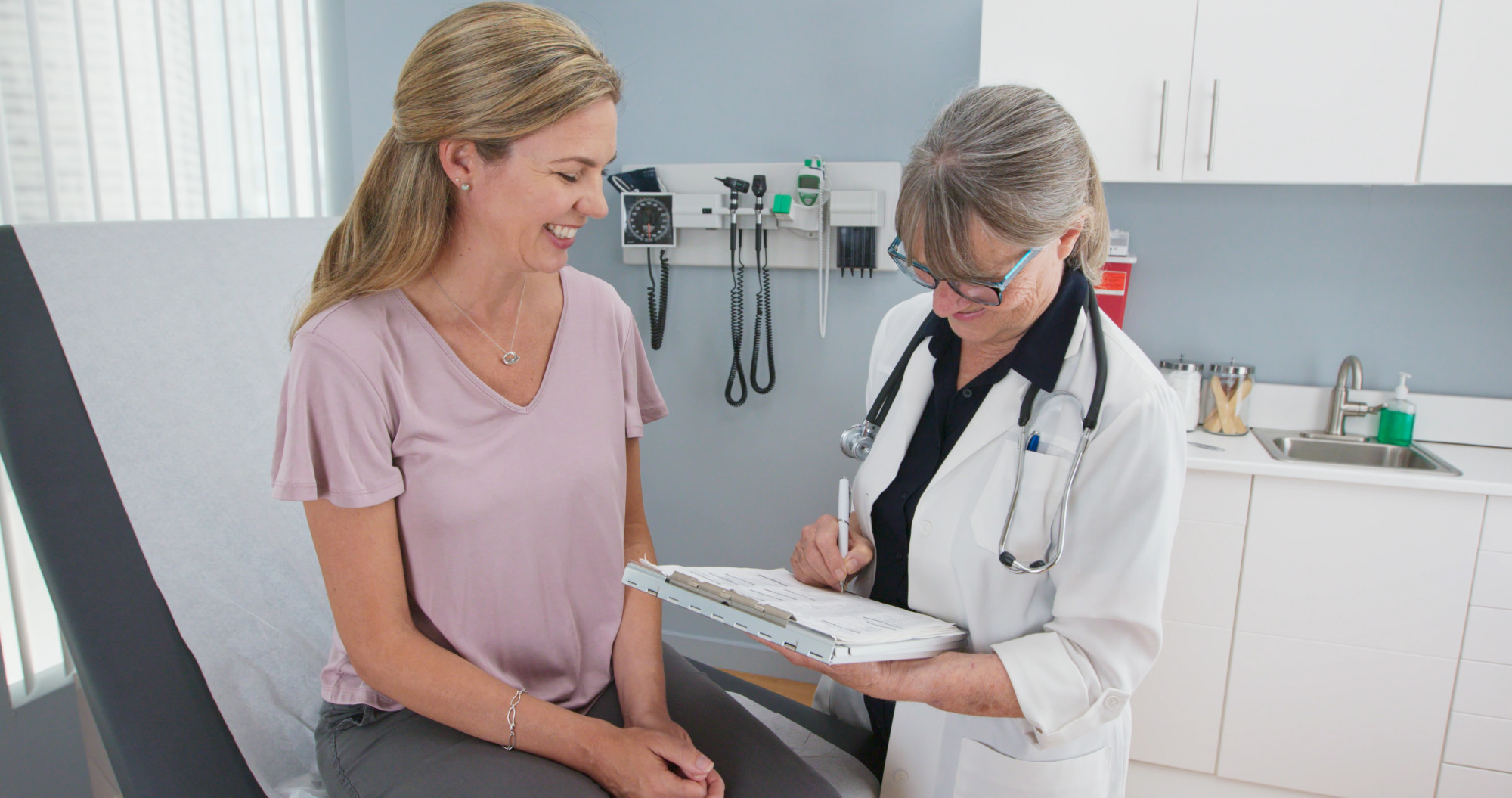6 Questions to Ask at Your Next Gynecology Appointment
For some women, visiting the gynecologist is intimidating and nerve-wracking. Some women even avoid visiting the gynecologist for these reasons. However, visiting a gynecologist is essential for every woman’s health.
Taking gynecology seriously improves your overall physical health, helps you plan and manage pregnancies and menopause, manage irregular menstrual cycles, and much more. Visiting a gynecologist doesn’t have to be a negative experience either. Keep in mind that your gynecologist sees multiple patients every day and there’s not much they haven’t seen or helped with in the past.
With that being said, it’s time to start preparing for your next up-and-coming gynecology appointment. In the guide below, you’ll discover several questions you should consider asking while visiting with your local gynecologist. Continue reading to get started.
1. Am I Updated on Health Screenings?
Women should start seeing a gynecologist between the ages of 13-15. This helps not only keep their reproductive health in great condition but also helps build a relationship between doctor and patient. It’s then important for women to continue seeing their gynecologist on a regular basis for regular health screenings.
For example, it’s recommended that a woman receive a PAP smear every few years to ensure everything’s looking great and there are no health complications. When you arrive at your appointment, be sure to ask your gynecologist if you’re up to date on all your health screenings.
Some common health screenings are as followed:
- Pap smears
- Breast exams
- Skin exams (for cancer)
- STD/STI testing
You might also want to ask your gynecologist about screenings for cervical and colon cancer.
2. What Are My Birth Control Options?
One important part of maintaining good feminine sexual health for some is birth control. Birth control is beneficial to some women for a variety of reasons. It’s essential for women looking to take control of their own reproductive health who aren’t quite ready for family planning.
Birth control can also help manage severe PMS symptoms and help regulate irregular menstrual cycles. Some birth controls even help clear acne and maintain balanced hormonal levels. If the benefits of birth control are something you’re interested in but aren’t sure if birth control is right for your body, then speak with your gynecologist about your options.
There are many different types of birth controls ranging from high hormones to no hormones at all. Each birth control option comes with its own pros and cons, which you can your gynecologist can discuss together.
3. How Can I Family Plan Safely?
When you decide it’s time to start your family, don’t hesitate to speak with your OB/GYN about family planning. It’s important to have a conversation with your doctor about fertility and how to safely plan for pregnancy. Your gynecologist might detect risk factors of infertility and provide you with a few options to get around these risk factors.
This is also a good time to have genetic testing done to ensure there aren’t any conditions that may affect the health of your future children and how to plan for them. STD/STI testing during this time is also important as you want to have a healthy body before conception.
Your OB/GYN might also suggest you start taking prenatal vitamins to provide your body with all the proper nutrients it needs to prepare for pregnancy. Any other questions you have about conception and pregnancy can be answered now as well.
4. How Can I Protect Myself From STDs/STIs?
Abstaining from sex, in general, is the only fool-proof way of avoiding contracting STDs and STIs. When this isn’t an option for you, it’s important to gather information about protecting yourself and what to be on the lookout for. For example, condoms are one great way to avoid STDs and STIs.
You can also speak with your gynecologist about receiving an HPV vaccine and scheduling regular testing. Ask about the signs and symptoms to look out for and let your gynecologist know if you’re suspicious about any current changes in your body.
5. What Are Some Ways to Make My Menstrual Cycle More Comfortable?
All women experience some type of menstrual cycle symptoms. However, not all women experience the same symptoms or the same pain levels associated with these symptoms. If you suffer from severe PMS symptoms, then you need to ask your gynecologist about managing your cycles and feeling more comfortable during that time.
There are several lifestyle changes you can make to help control these pains, such as exercising and avoiding drinking, smoking, and salty foods. You might also find comfort in soaking in a warm bath, but when your menstrual cycle causes you too much pain and discomfort, it’s time to speak with your gynecologist about other relief options.
6. Why Is There an Unusual Scent?
No woman wants to come face to face with vaginal odor. Unfortunately, this happens sometimes due to various reasons. Although infections and cleanliness certainly play a role in this, those aren’t always the reasons for it.
Hormones, bacteria, sweat, menstrual cycles, and leaking urine are all culprits as well. If you notice an unusual scent, always inform your gynecologist so proper treatment, if needed, can be given.
Let Us Help You Prepare For Your Next Gynecology Visit
At Women’s Health of Augusta, we offer state-of-the-art technology to make us better equipped to handle all Gynecological and Obstetrical care issues. We strive to provide compassionate gynecology care and attention to all your individual health needs. We’ve been providing this care to women for more than 40 years and look forward to hearing from you.
Click here to schedule your appointment today. Feel free to reach out to us regarding any questions or concerns you might have.

